Liberia means “Land of the Free” in Latin. It is bordered by Sierra Leone to its west, Guinea to its north and Ivory Coast to its east. It covers an area of 111,369 square kilometers (43,000 sq mi) and is home to 4,503,000 people. English is the official language and over 20 indigenous languages are spoken. Forests on the coastline are composed mostly of salt-tolerant mangrove trees while the more sparsely populated inland has forests opening onto a plateau of drier grasslands.
The Republic of Liberia, formerly a colony of the American Colonization Society (ACS) declared its independence on July 26, 1847. The United States finally accepted and recognized Liberia’s Independence on February 5, 1862. Liberia was the first African nation to gain its independence, although it was not the only independent state in Africa at the time. Liberia was founded and established as a homeland for freed African-American and ex-Caribbean slaves who came from the Caribbean islands and the United States with the help and support from the American Colonization Society. Liberia is Africa’s oldest democratic republic and the second-oldest black republic in the world after Haiti.
Take a look:
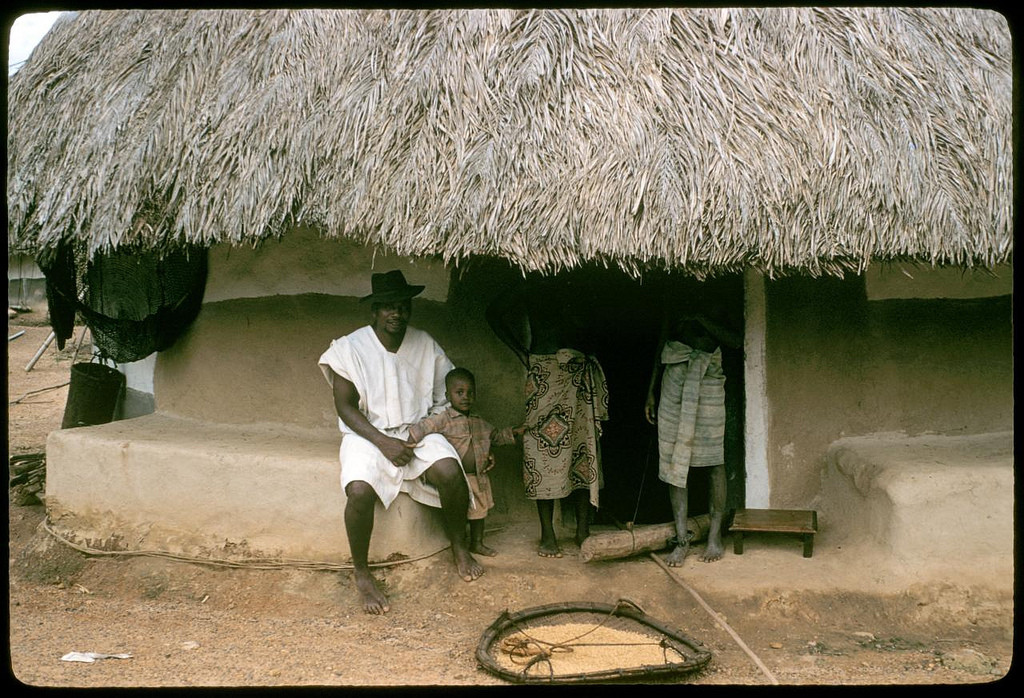
William Gotwald Liberia mission slides, 1957-1960.
ELCA Archives scan.
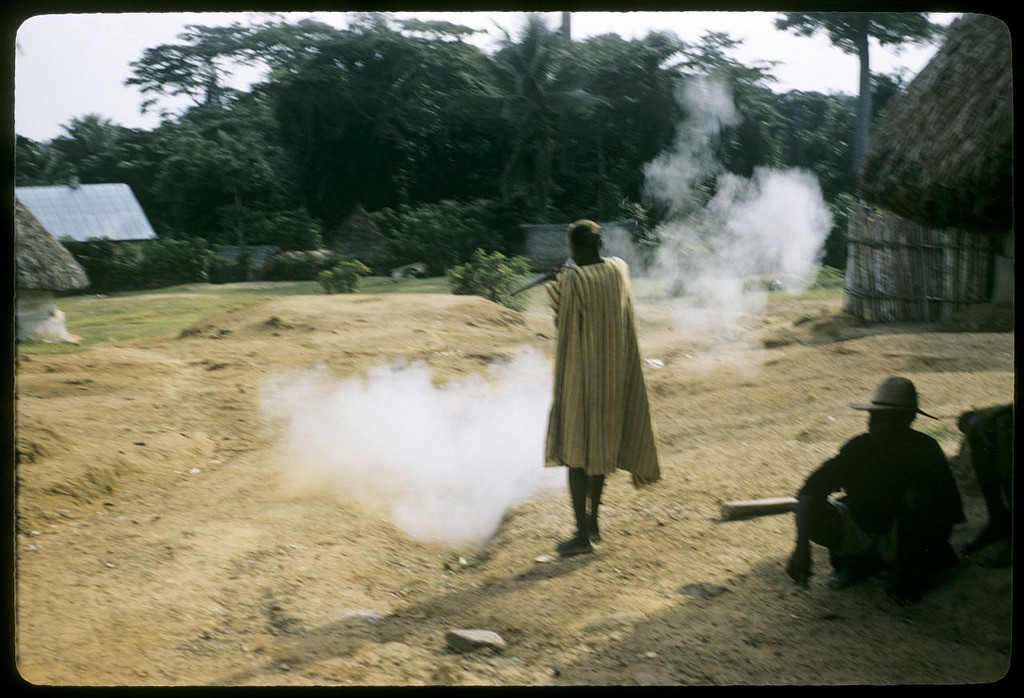
William Gotwald Liberia mission slides, 1957-1960.
ELCA Archives scan.
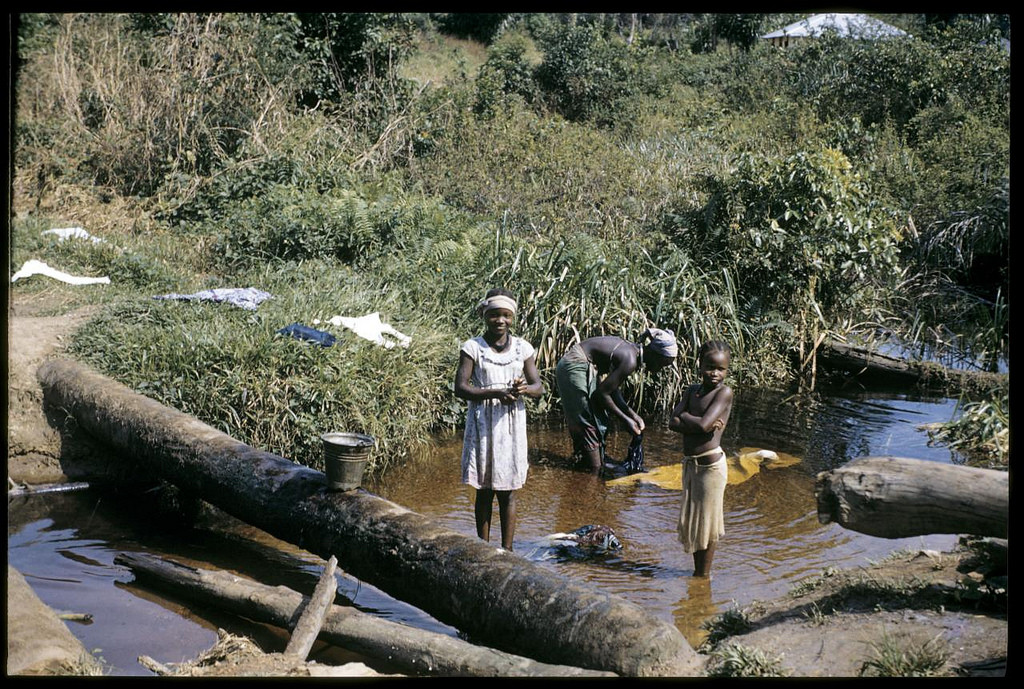
William Gotwald Liberia mission slides, 1957-1960.
ELCA Archives scan.
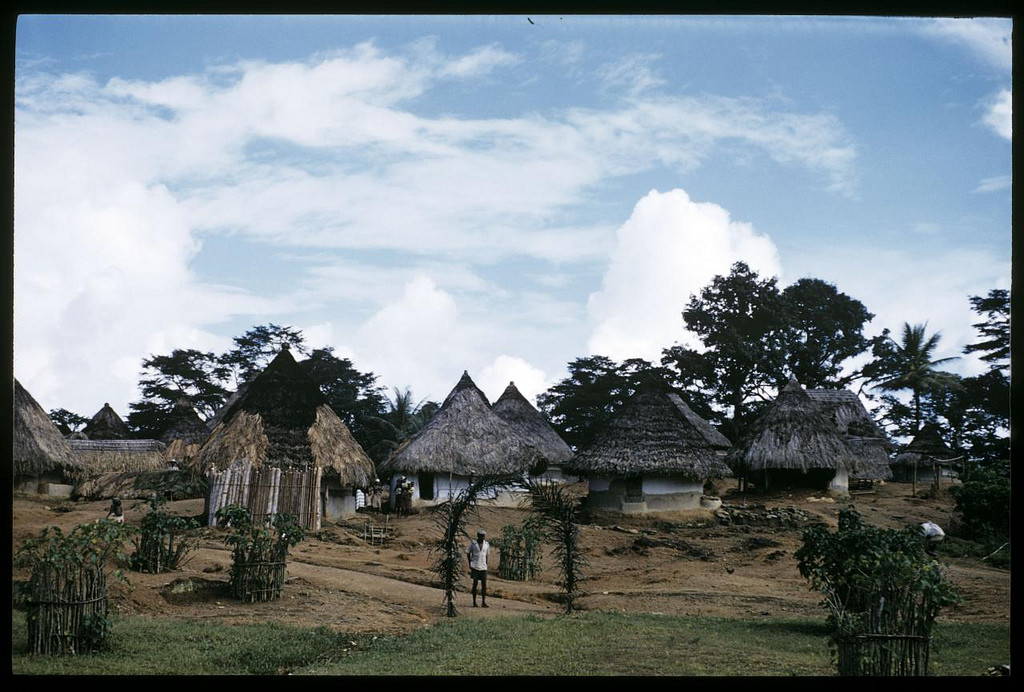
William Gotwald Liberia mission slides, 1957-1960.
ELCA Archives scan.
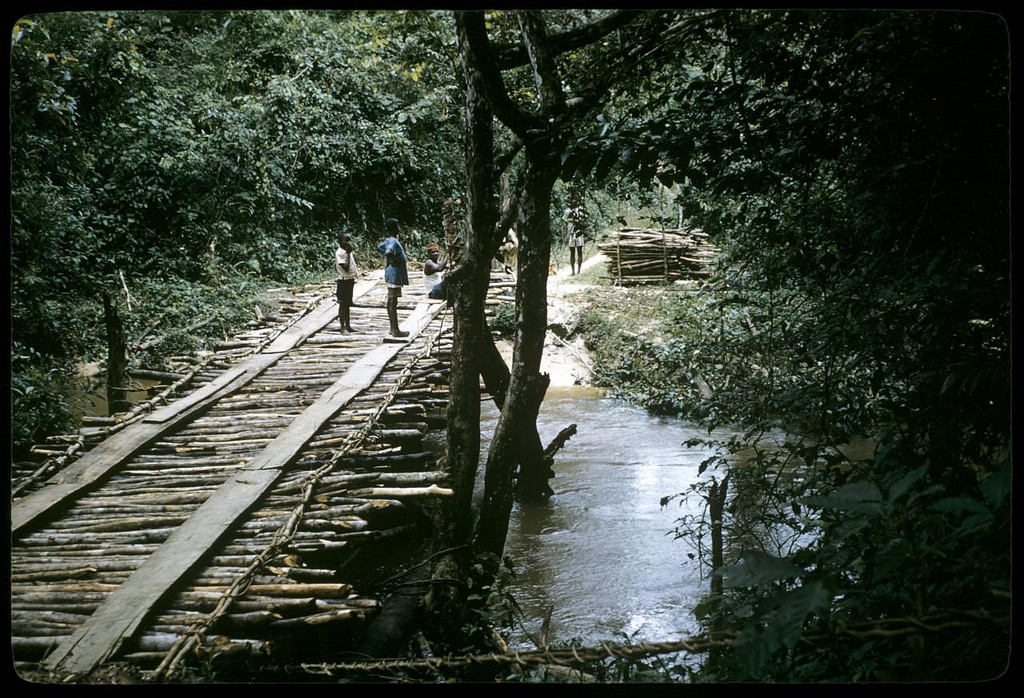
William Gotwald Liberia mission slides, 1957-1960.
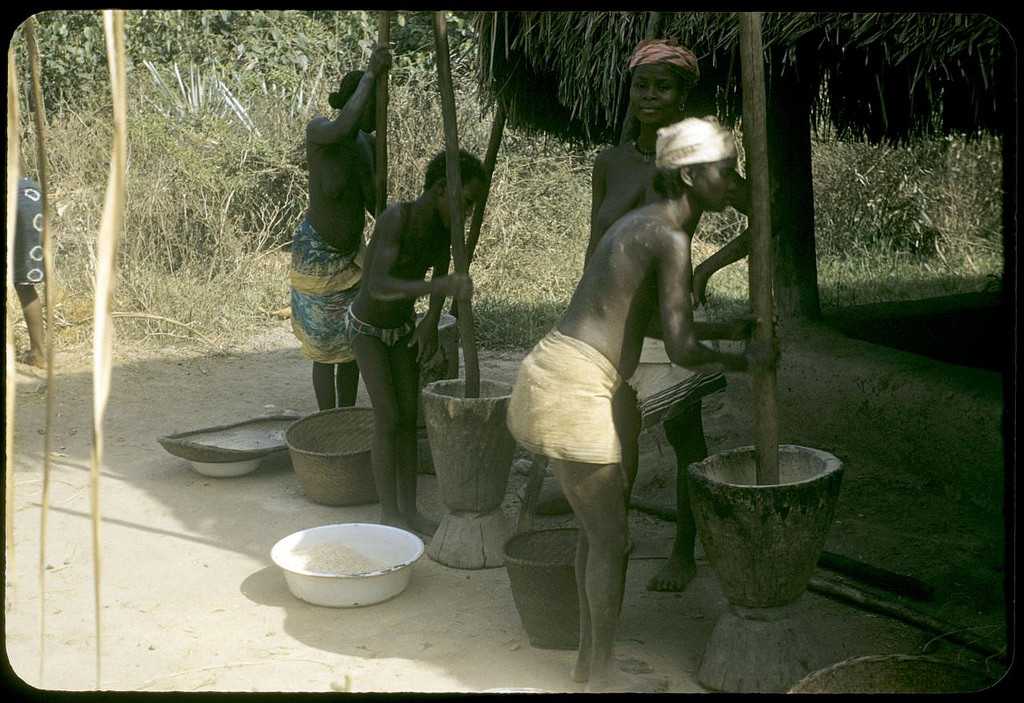
William Gotwald Liberia mission slides, 1957-1960.
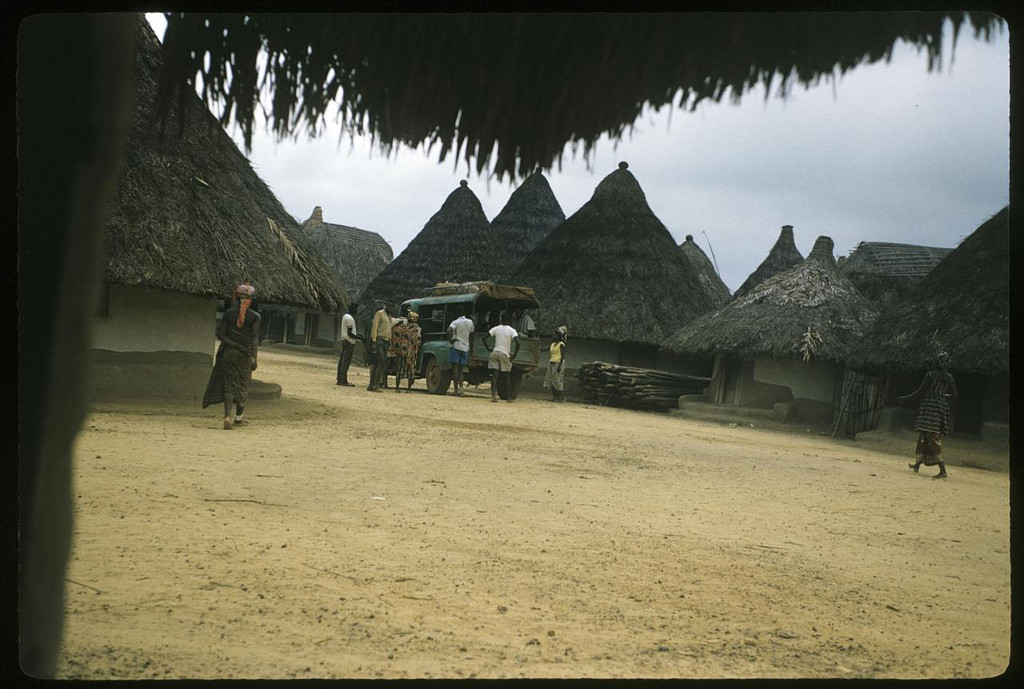
William Gotwald Liberia mission slides, 1957-1960.
Liberia is unique among African countries because it was the only African nation that was colonized and controlled by freed African-American and ex-Caribbean slaves as a free state and a homeland to live. Liberia and Ethiopia were the only two African countries during the 19th-century conquest of Africa that were not controlled or colonized by European powers. During the colonial era, Liberia was presumed a protectorate of the United States.
William and Ann Gotwald served as missionaries of the United Lutheran Church in America in Liberia from 1957-1960. We found this gem-collection that shows the everyday life in Liberia between 1957 and 1960 on the ELCA Archives.
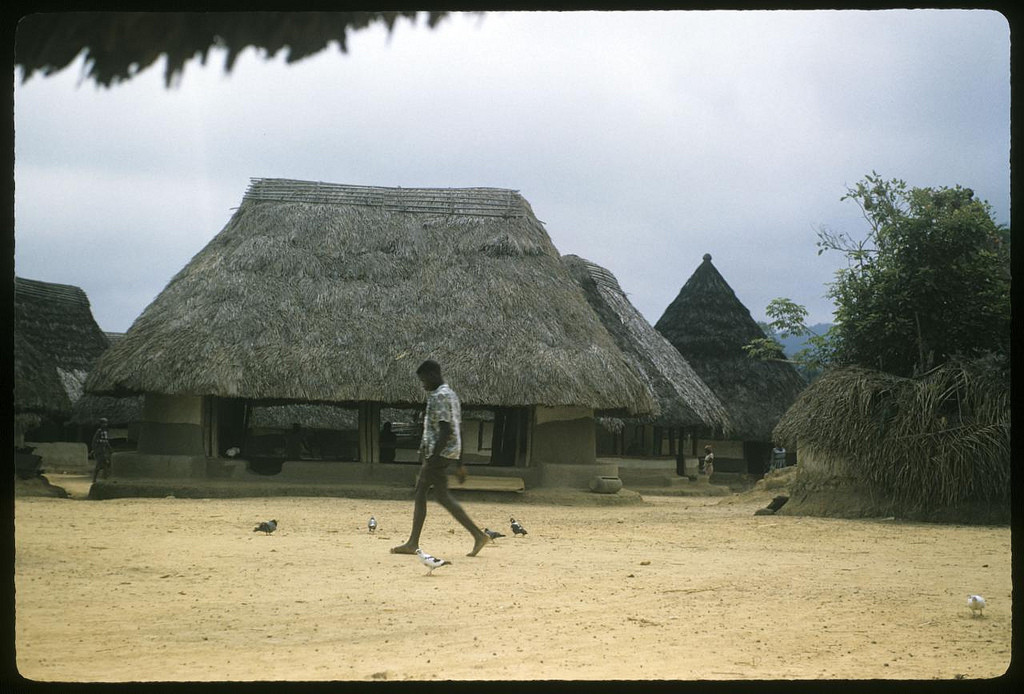
William Gotwald Liberia mission slides, 1957-1960.
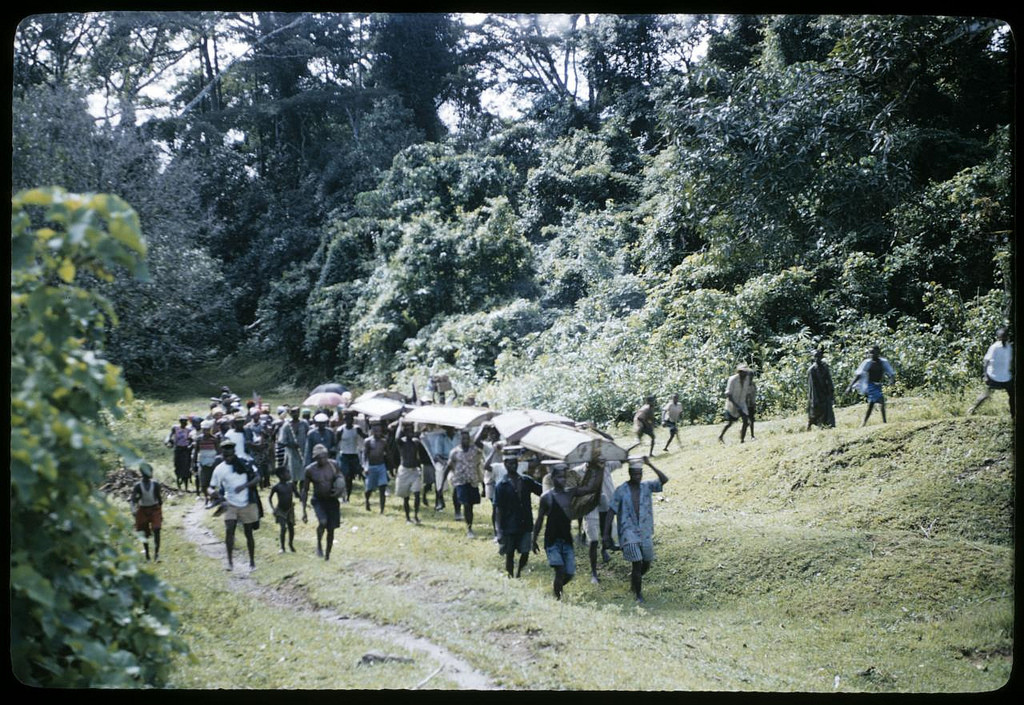
William Gotwald Liberia mission slides, 1957-1960.
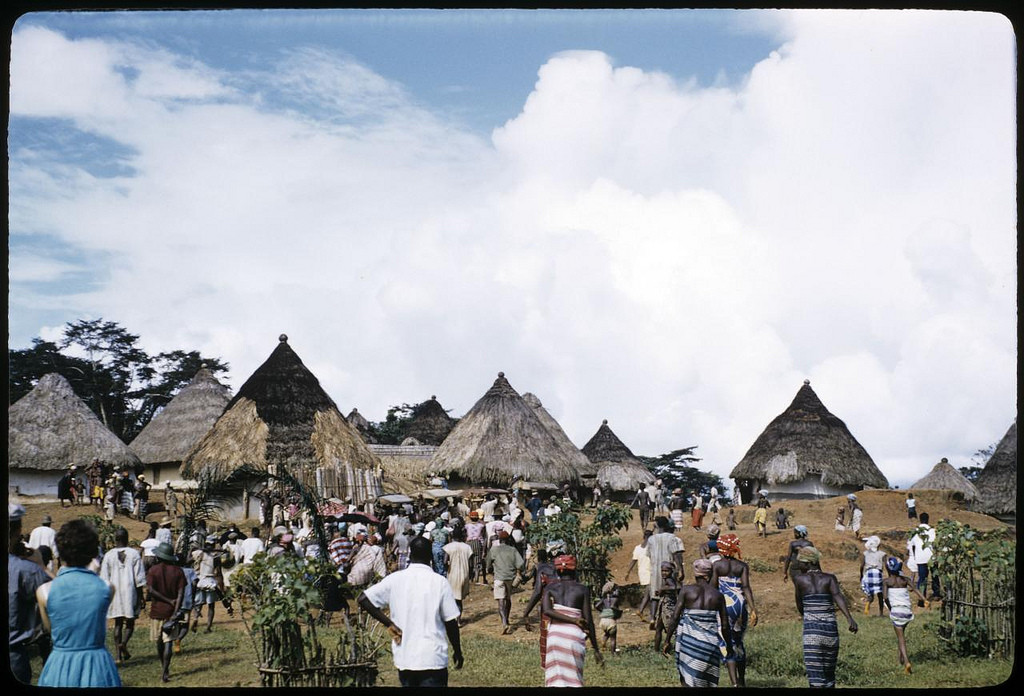
William Gotwald Liberia mission slides, 1957-1960.
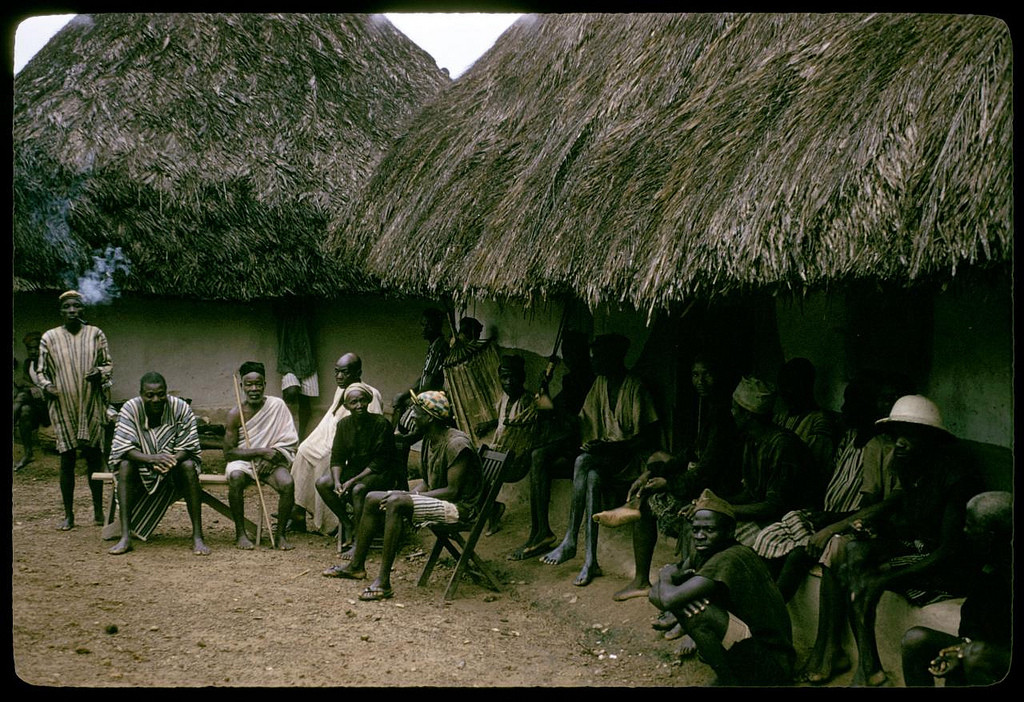
William Gotwald Liberia mission slides, 1957-1960.
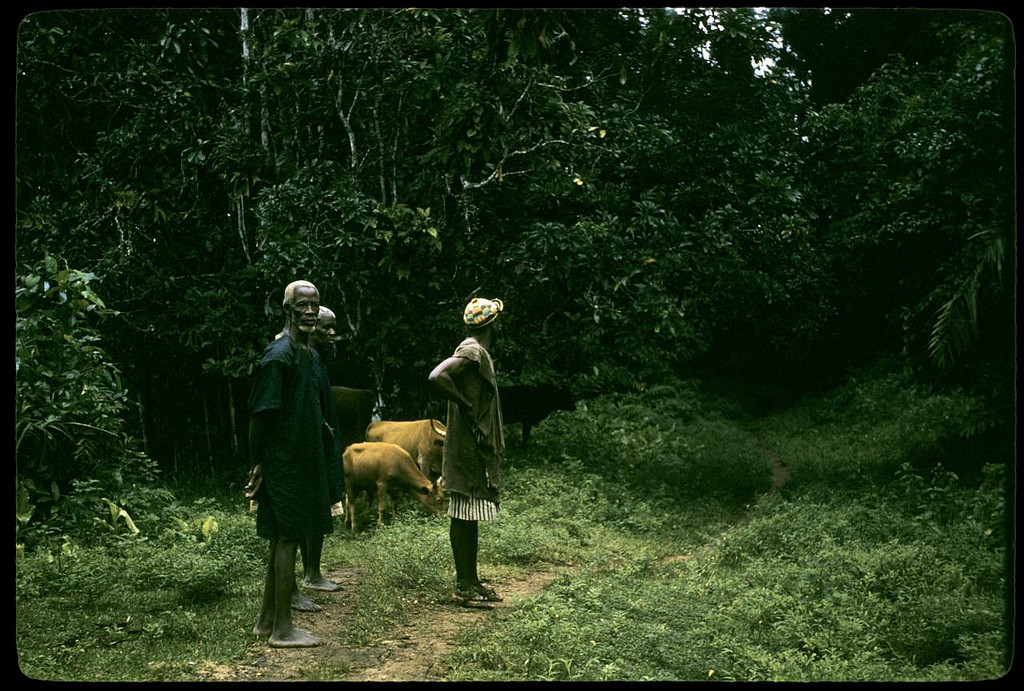
William Gotwald Liberia mission slides, 1957-1960.
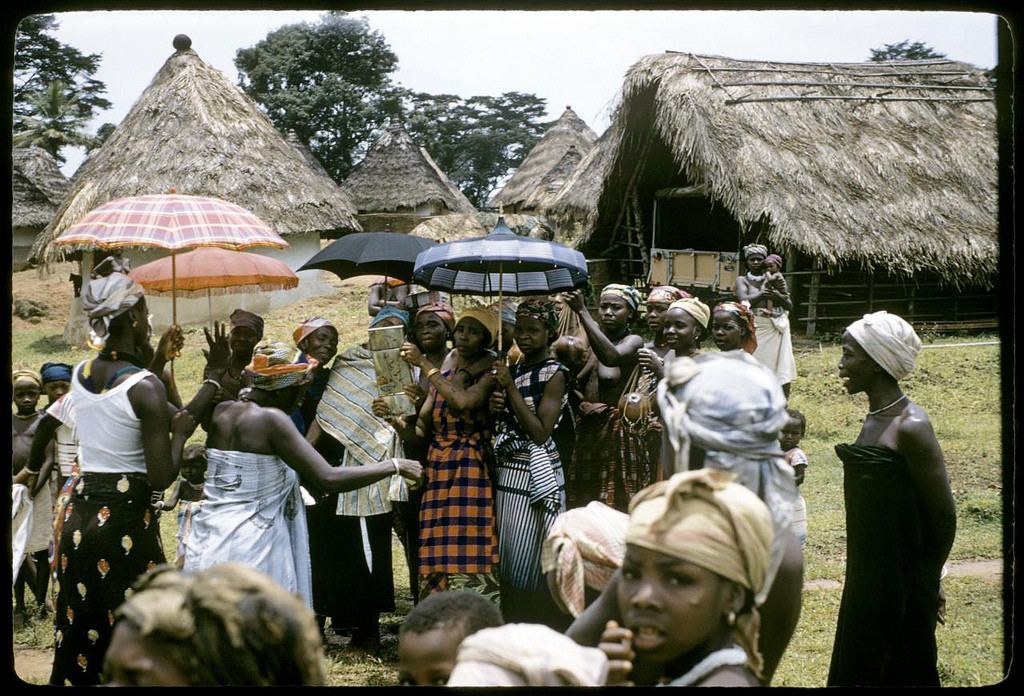
William Gotwald Liberia mission slides, 1957-1960.
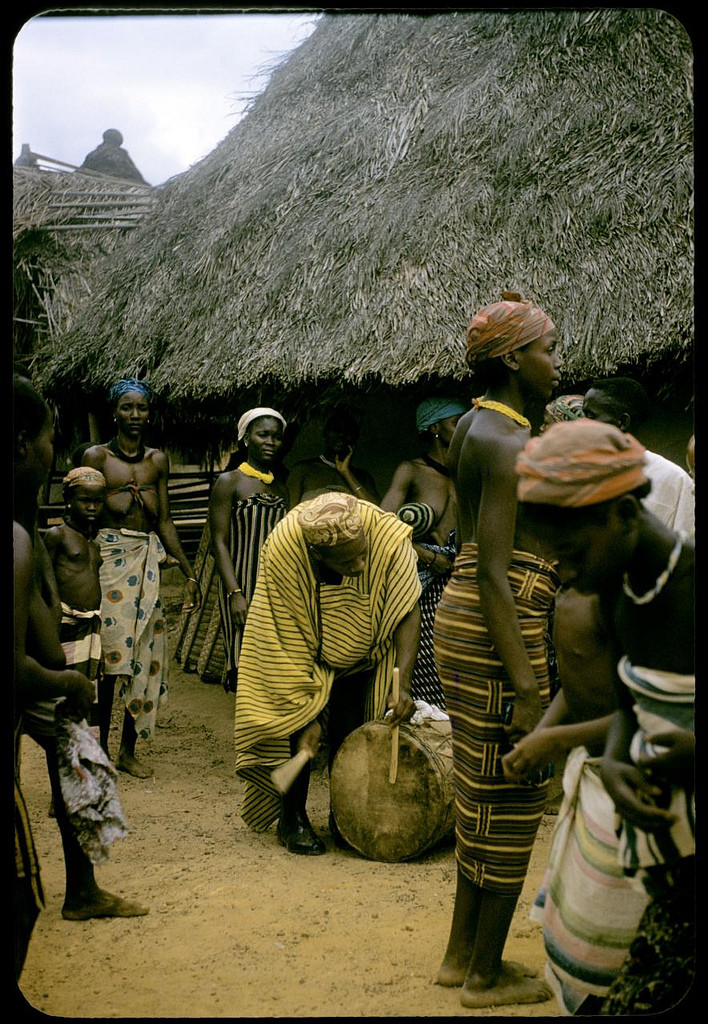
William Gotwald Liberia mission slides, 1957-1960.
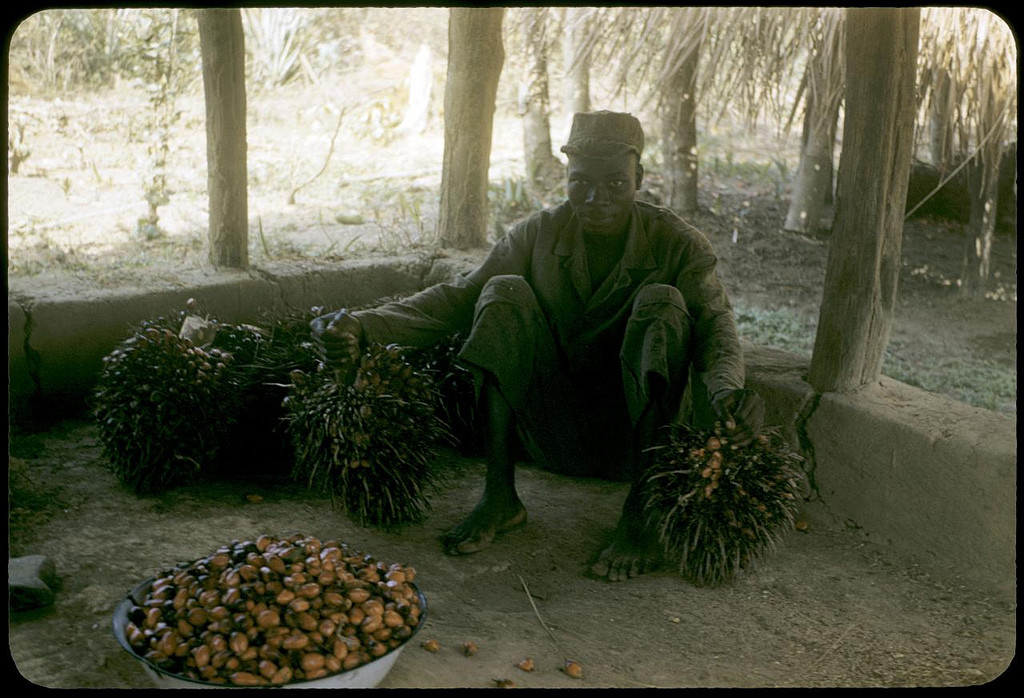
William Gotwald Liberia mission slides, 1957-1960.
All photos by ELCA Archives scan.
http://www.elca.org/archives
